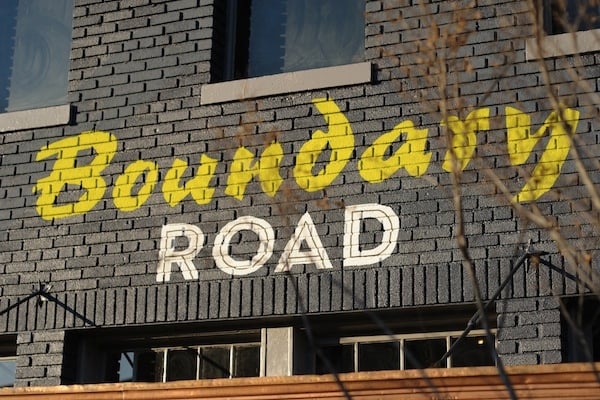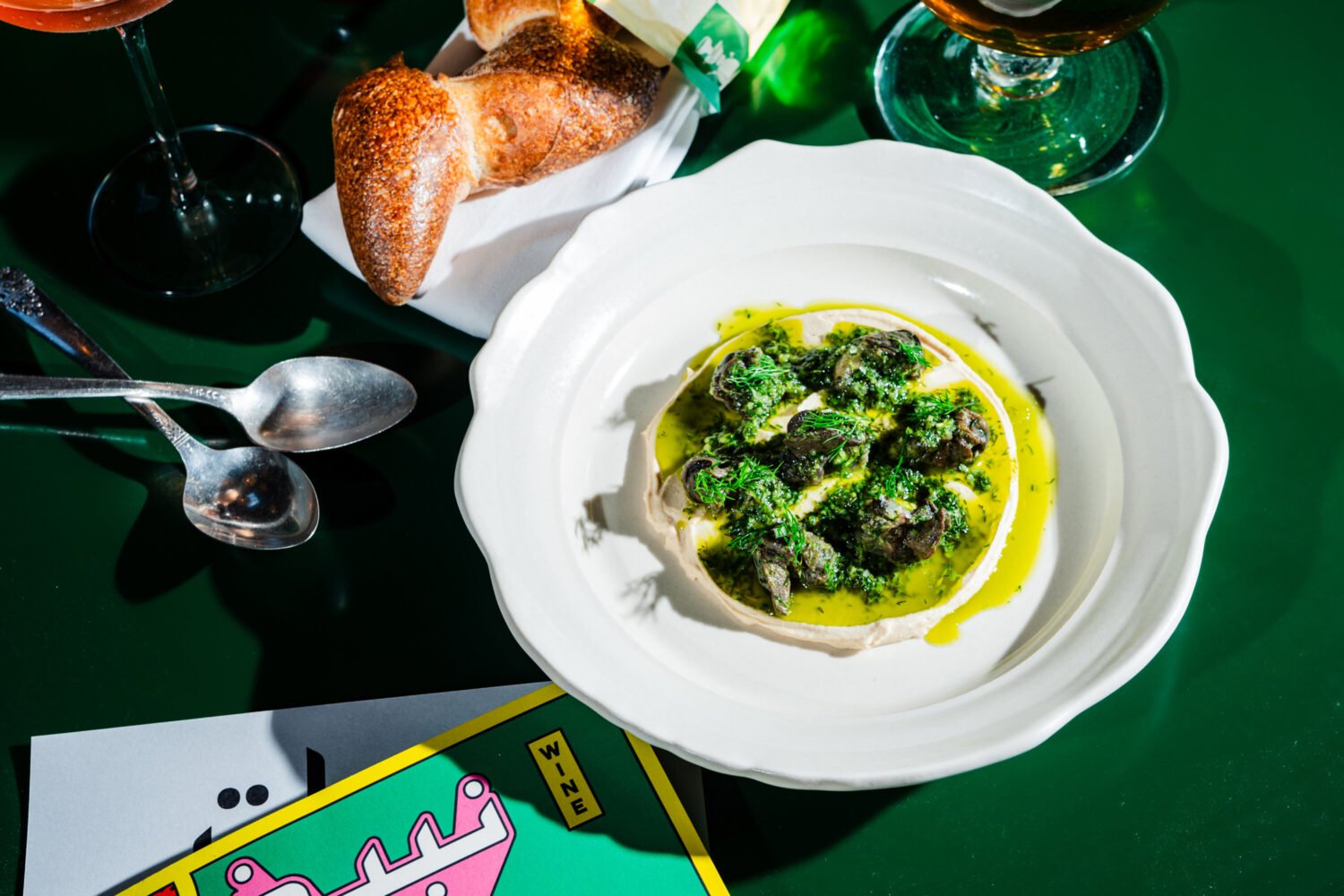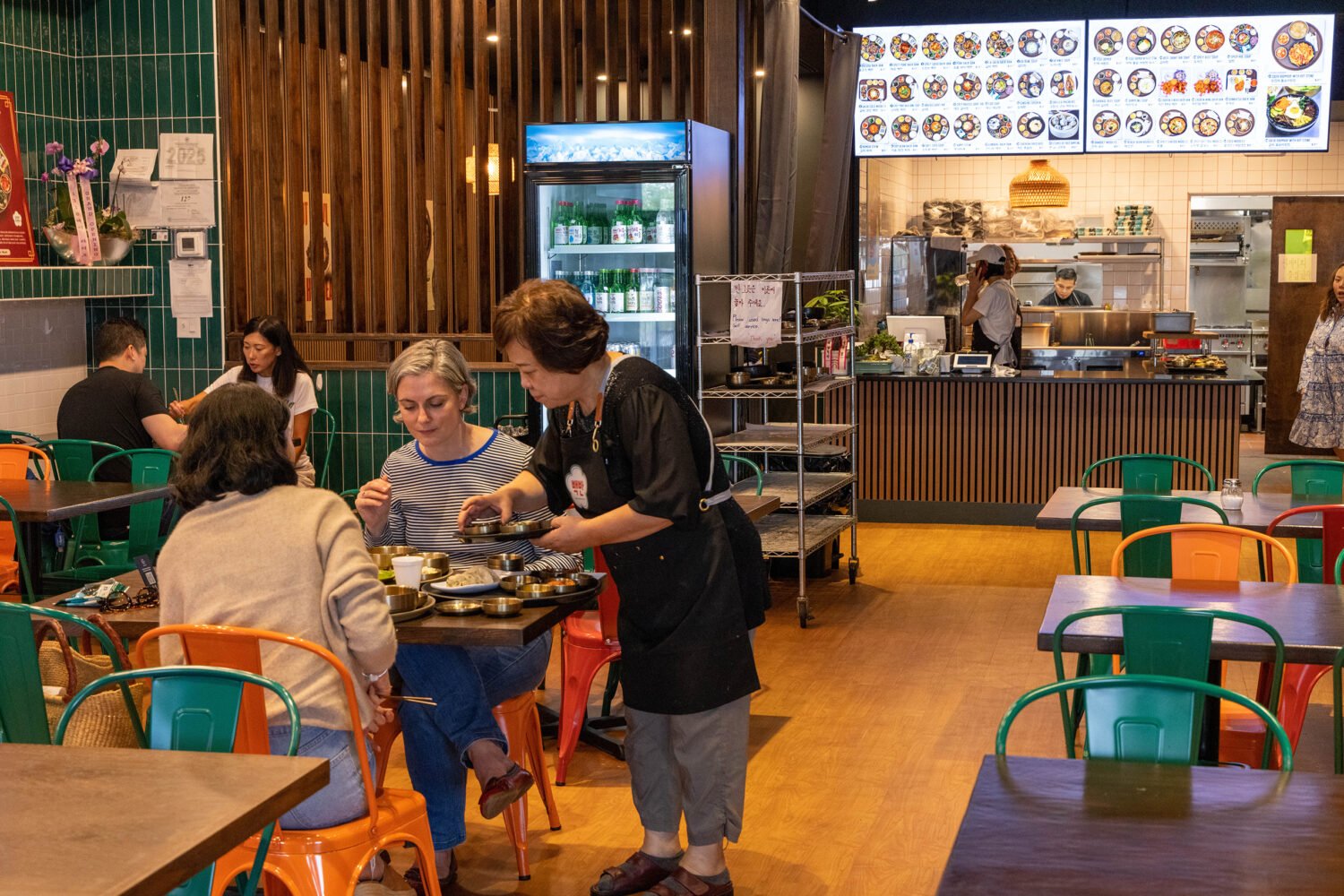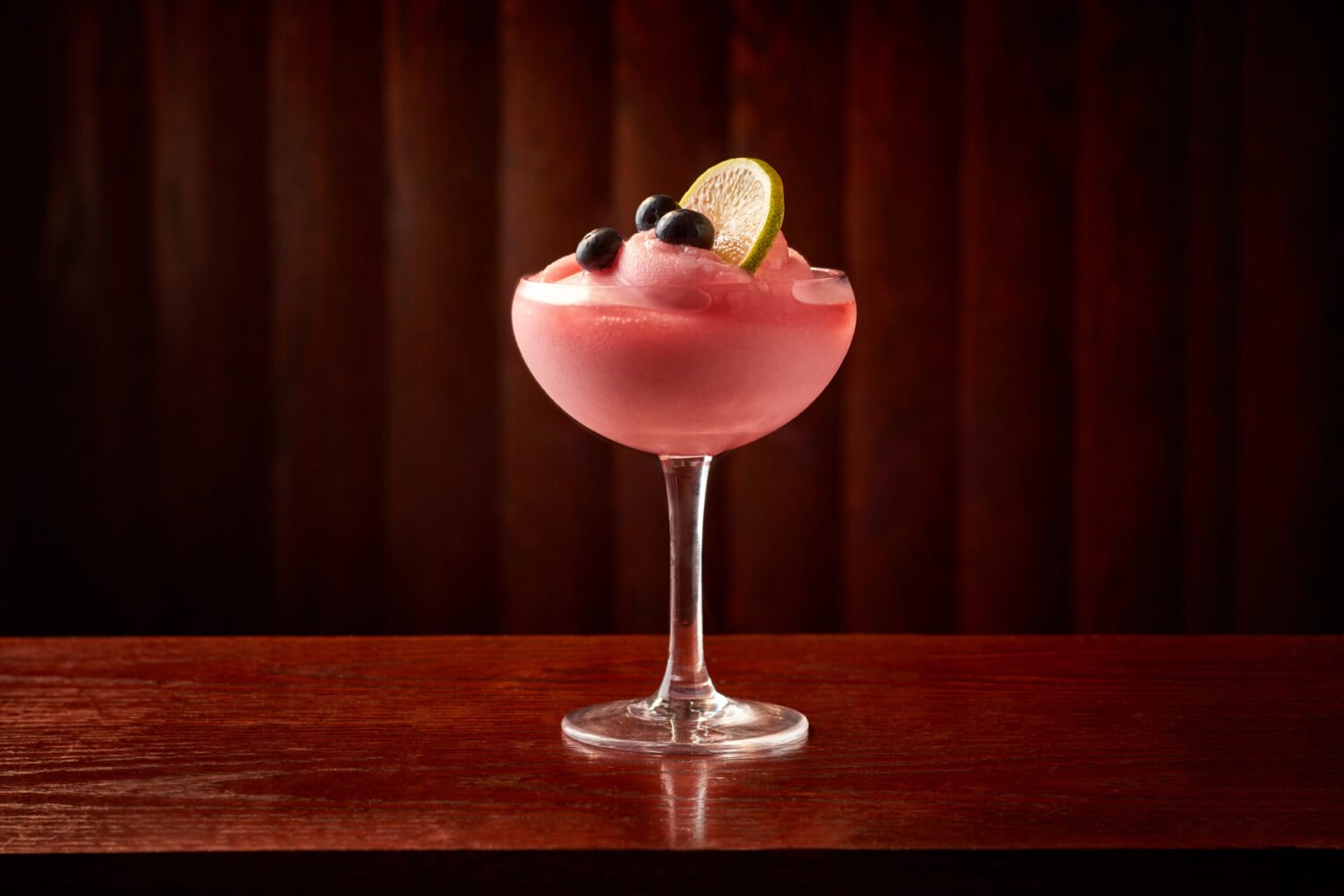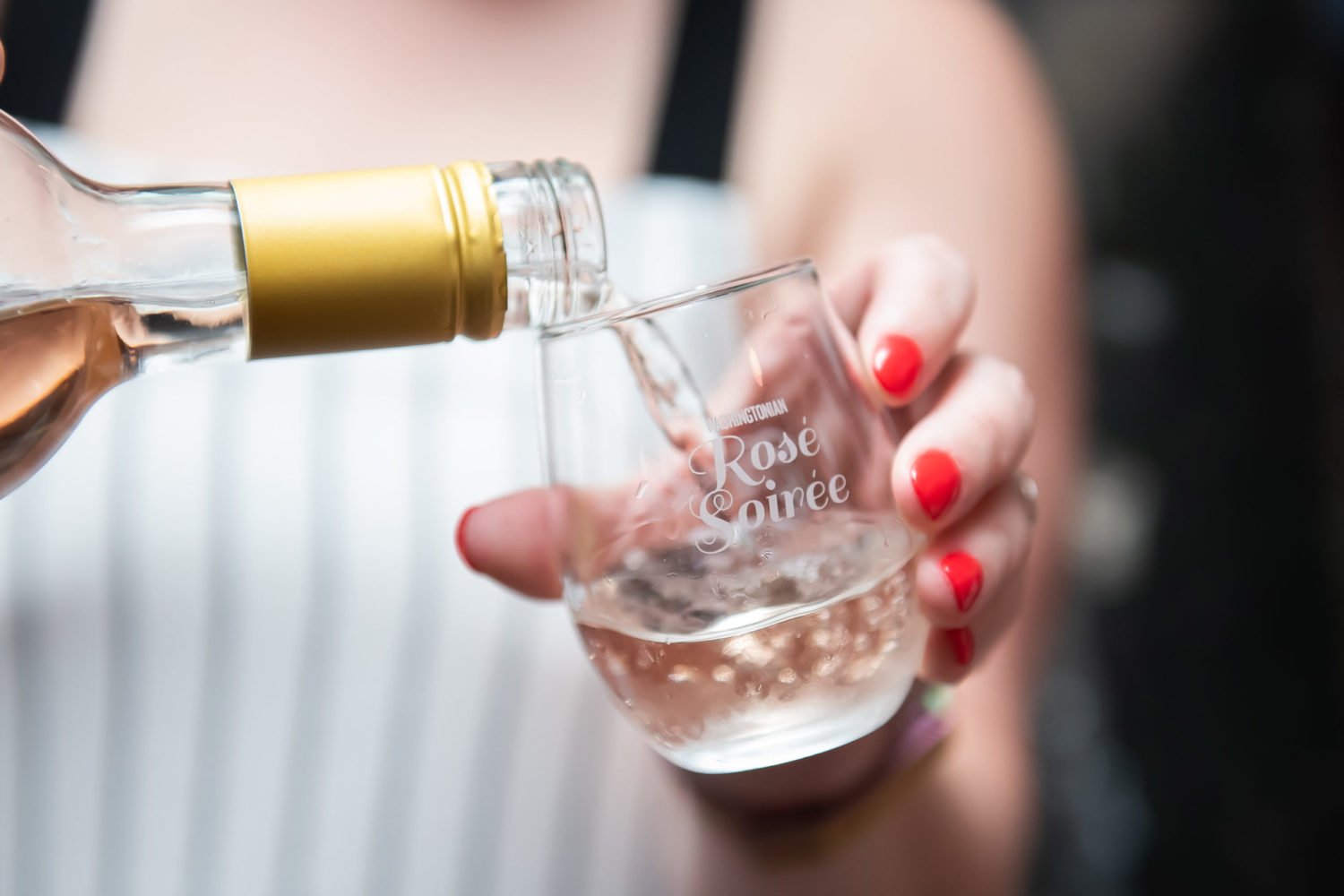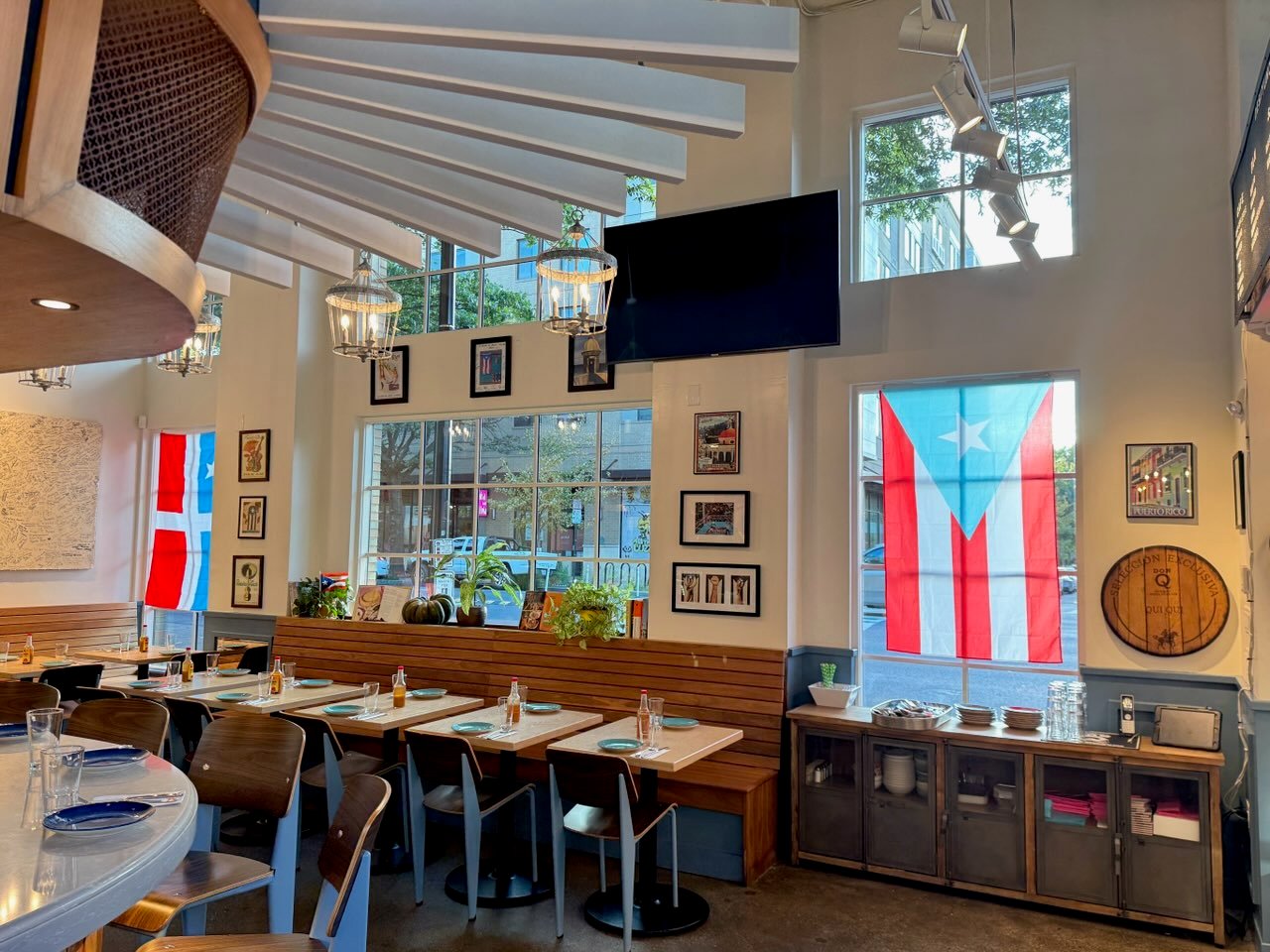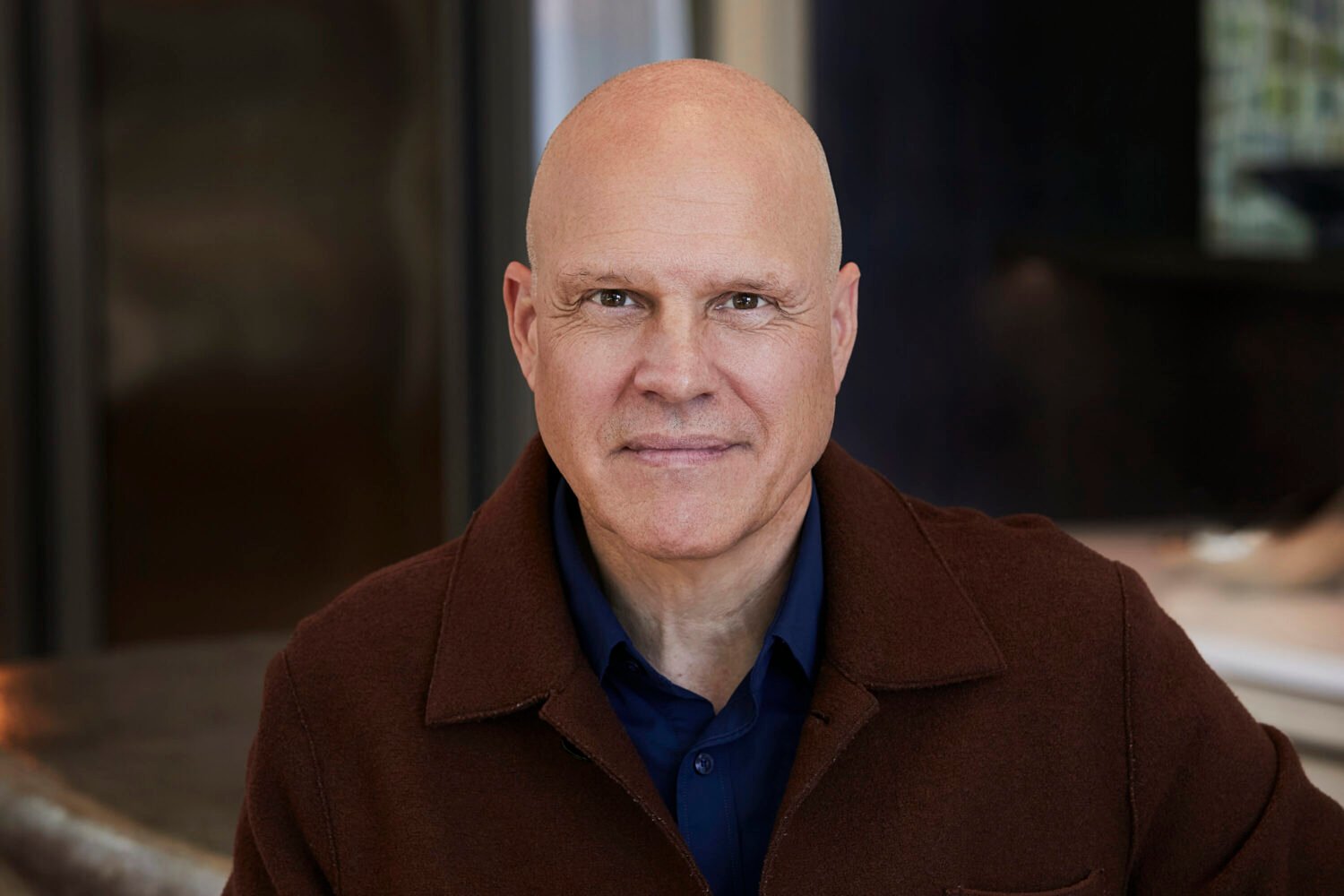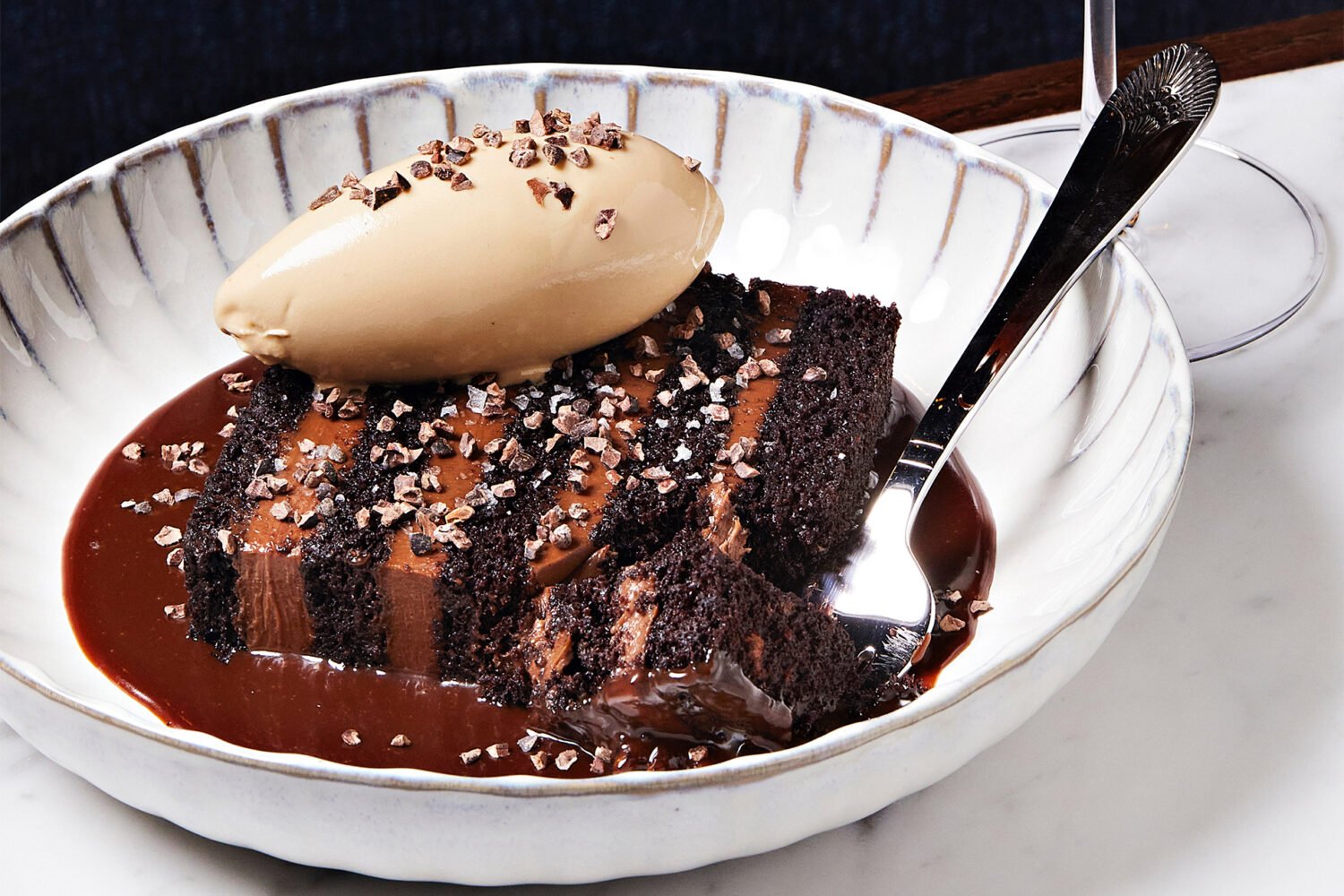The debate over the cruelty versus deliciousness of foie gras is front and center again, thanks to H Street’s Foie La La competition and reaction from PETA. The animal-rights organization has rallied to dissuade restaurants and diners from engaging in the ten-day foie gras tasting, where eight eateries including Granville Moore’s and Ocopa compete to serve the best dish made with the delicacy, or what PETA calls the “diseased livers of tortured birds.” The opposition will set up outside Boundary Road—whose chef/owner, Brad Walker, founded the event—and will stage three “waiters” (PETA members) wearing “bloody” (painted) aprons, serving “dead ducks” on silver platters.
Foie gras is a controversial ingredient, primarily due to the method of force-feeding ducks and geese so their livers enlarge. California went as far as to ban the stuff entirely in 2012. Groups like PETA argue that making foie gras is unusually cruel, and the culinary world is divided. Some welcome the ingredient into their kitchen—and even provide incentive to eat it, such as 1789‘s foie gras giveaway to Californians—while others like Wolfgang Puck have spoken out against it.
One restaurant scheduled to participate in Foie La La, Micho’s Lebanese Grill, has dropped out. Partner Fady Joubran says that the casual Lebanese spot was drawn to the event as a neighborly competition, but wasn’t aware of foie’s controversial production method at the time.
“It’s not something we offer anyway,” says Joubran. “We didn’t know this is how they feed the animals.”
Walker, who started Foie La La last year, says he wants to be “respectful of other people’s opinions,” but will continue serving the liver and sponsoring the event.
“PETA stands for a lot of good things, but they’re very miseducated about this situation,” says Walker. “There’s a lot of science behind what’s actually happening to these ducks in the production of foie gras, and in comparison to the commercial production of beef, pork, and chicken, there’s a lot of other things to worry about.”
While Walker says the response to the foie gras festival has been primarily positive, he’s also fielded several complaints and has written an explanation of his views in response. You can read the letter in full at the end of this post.
The protest comes a little late in the game, since the competition for the best liver dish ends Thursday. Still, PETA is known for putting on a dramatic rally—lettuce bikinis, anyone?—so there’s plenty of chance for impact. The rally starts Tuesday at 1, during the restaurant’s lunch hour.
Read Brad Walker’s response to complaints below.
Hi there. Thanks for making your opinion regarding foie gras known to us. Please take a moment to read our response to your opinion.
First of all, please know that we take the proteins we serve very seriously. We serve hormone-free meats and poultry, and sustainable seafood.
So why foie gras? How is this process described by PETA possibly humane?
First of all, let’s consider our source. PETA advocates the cessation of all human consumption of animal protein. We do not agree with this point of view. We feel animal proteins, produced responsibly as possible, are an important part of our diets.
Second, let’s compare the production of foie gras with commodity beef, chicken, and pork. Commodity markets lead to large production facilities designed to produce meats as quickly and as monetarily efficient as possible. Certainly their concern is not animal welfare. While it might seem counterintuitive, the production of foie is actually more attuned to the animal’s welfare than large scale operations. For example, if a duck raised for foie were confined in a way similar to battery chicken, the liver would be damaged and useless. It is necessary that the birds are allowed to move freely. Please visit the website of our producer here. Let us not forget, ducks are not physiologically the same as humans. The concept of force-feeding may seem terrible out of context, but please refer to the attached article regarding stress tests on these birds.
I think most importantly, I would like to speak to the reverence we have for this, and all, proteins. We are not scarfing utility beef in the form of a drive-in burger while driving down the highway. We are treating this modest portion of a specialty meat with the utmost of respect. That’s really what the argument is all about, isn’t it? Respecting where our meat comes from and taking the utmost care to prepare and enjoy what is truly precious.
I feel this clip concisely and clearly illuminates highlights of our argument.
Thanks for your time.
We respect your opinion and hope you respect ours as well.
Sincerely,
Brad Walker
Chef/Owner
Boundary Road Restaurant

